Research
-
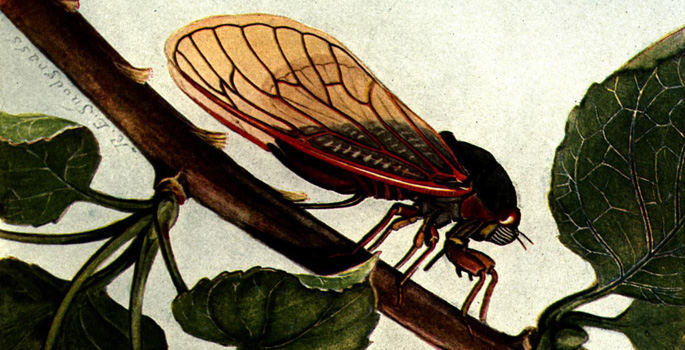
What scientists know about cicadas
Periodic cicadas, like those currently emerging in Middle Tennessee, play an important role in the local ecosystem. Read MoreMay 19, 2011
-

Weiss to join Defense Science Study Group
Vanderbilt engineer Sharon Weiss will be a member of the 2012-2013 Defense Science Study Group, which introduces selected scientists and engineering professors to and engages them in national security issues. Read MoreMay 18, 2011
-

Why VW scored at the Super Bowl
The reason Volkswagen’s Star Wars-themed Super Bowl ad featuring a lovable little Darth Vader worked so well may lie in its narrative complexity, says Vanderbilt marketing professor Jennifer Escalas. Read MoreMay 18, 2011
-
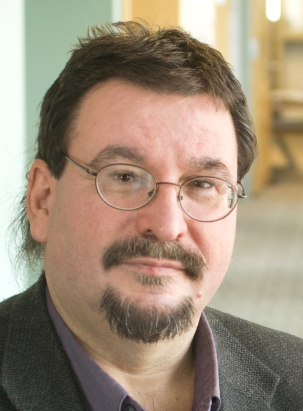
From Yugoslavia to endowed chair: six pillars of academic success
Karoly Mirnics and Krassimira Garbett, staff scientist in his laboratory (Susan Urmy / Vanderbilt). I arrived in the states 21 years ago as a student, from what was to become the war-torn country of Yugoslavia. Twenty-one years later I am holding a title of James G. Blakemore Chair and vice… Read MoreMay 18, 2011
-

Teacher compensation ‘incredibly inefficient,’ new research finds
New research from the National Center on Performance Incentives at Vanderbilt University’s Peabody College finds teacher salaries have significant consequences on school staffing and workforce quality. Read MoreMay 18, 2011
-
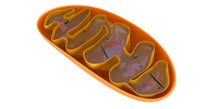
Evolution of cell’s power plant genome
Vanderbilt researchers provide new information about how the genome inside our cellular “power plants” – the mitochondria – has evolved. Read MoreMay 18, 2011
-

Participants sought for study on aging in Down syndrome
Vanderbilt researchers hope to uncover the mysteries of early aging in Down syndrome through a new study at the Vanderbilt Kennedy Center. Read MoreMay 17, 2011
-
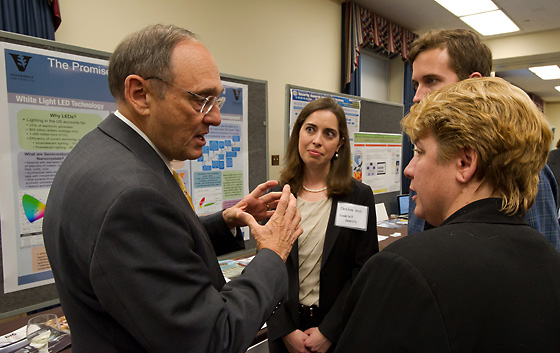
Prof. Rosenthal goes to Washington
Representative Phil Roe (R-TN) chatting with Prof. Sandra Rosenthal, front, graduate student Scott Niezgoda and Christina West, assistant vice chancellor of federal relations, in Washington D.C. at the 17th annual CNSF Exhibition & Reception. (David Scavone) Last Wednesday, Sandra Rosenthal and Scott Niezgoda accepted the invitation… Read MoreMay 13, 2011
-
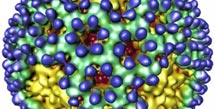
Cells open doors for reovirus
The cellular factor Src helps reoviruses enter cells. Read MoreMay 13, 2011
-

Protein problem after gastric bypass
Protein supplements often recommended after gastric bypass surgery may actually have undesirable metabolic effects, suggests a recent study led by Ronald Clements in the Vanderbilt Center for Surgical Weight Loss. Read MoreMay 13, 2011
-

Powerful NMR magnet a boon to research at Vanderbilt University
Vanderbilt University’s acquisition of a 900 megahertz nuclear magnetic resonance (NMR) spectrometer will accelerate studies on cancer and Alzheimer’s disease. Read MoreMay 13, 2011
-

Lecturers explore impact of genomics on race perceptions
The question of whether new discoveries about the human genome will cause racism to fizzle or flare was the topic of the two recent discussions at Vanderbilt. Read MoreMay 13, 2011
-

Early treatment reduces risk of passing HIV to partner by 96 percent
HIV-positive men and women can dramatically reduce the risk of transmitting the virus to their sexual partners by beginning antiretroviral therapy early, new research finds. Read MoreMay 13, 2011
-
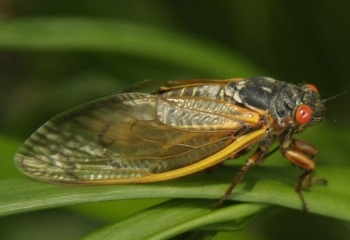
Cicadas 101: All buzz, no bite
An adult cicada (John Russell / Vanderbilt) Vanderbilt commencement speakers may have some unusual competition this year: Nashville’s largest brood of cicadas are predicted to emerge in May and hang around for about five or six weeks. Besides their practice of appearing in 13- or 17-year… Read MoreMay 12, 2011
-
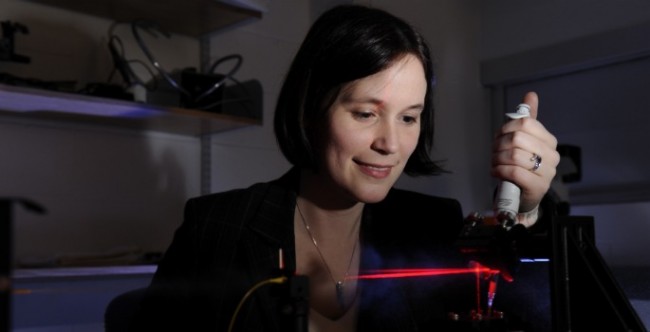
Investment in biomedical research yields jobs, billions in return
Federal funding from the National Institutes of Health contributed to the development of a new laser technique being used at Vanderbilt to aid in drug discovery. Research Amanda Kussrow is pictured. (Joe Howell / Vanderbilt) Federal investment in scientific research is a major driver of job growth… Read MoreMay 11, 2011
-

Tennessee Women’s Health Report Card finds much work to be done
A new report on women's health in Tennessee finds continuing areas of concern and a need for programs that support lifestyle changes to prevent long-term health consequences. Read MoreMay 10, 2011
-
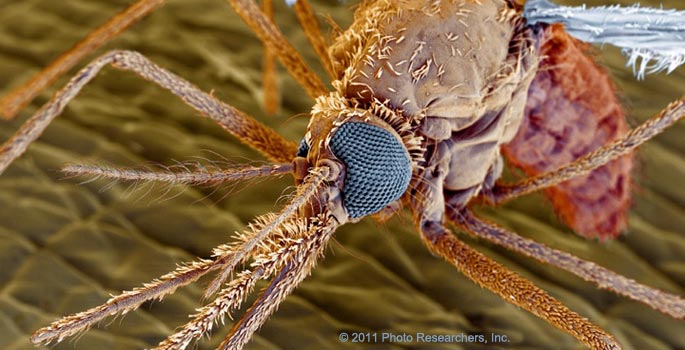
New insect repellant may be thousands of times stronger than DEET
Discovery of a new class of insect repellant raises the possibility of formulations that are thousands of times more effective than current repellants. Read MoreMay 9, 2011
-
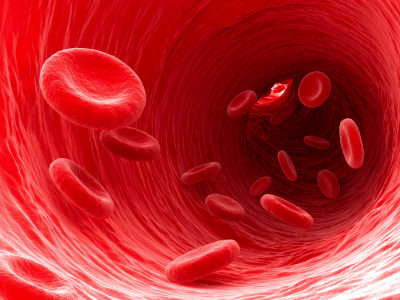
Stents relieve post-infection problem
Placing stents in blood vessels can provide long-term relief from rare complications of a fungal lung infection. Read MoreMay 5, 2011
-
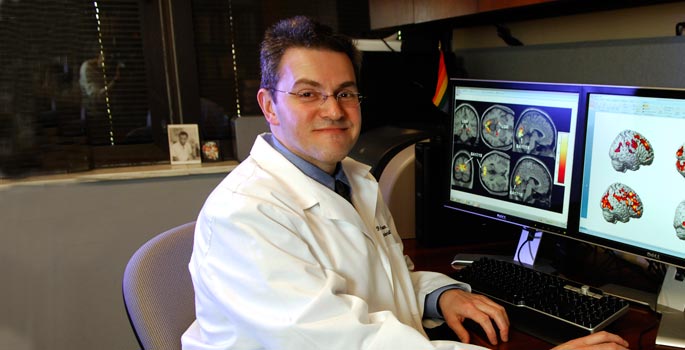
Ecstasy associated with chronic change in brain function
Recreational Ecstasy use is associated with a chronic change in brain function, raising concerns about proposals to use it to treat post-traumatic stress and other disorders. Read MoreMay 5, 2011
-

Joy in the Journey
Psychology professor Isabel Gauthier, an expert in the science of face recognition, relishes the process of discovery – and mentoring graduate students along the way. Read MoreMay 5, 2011